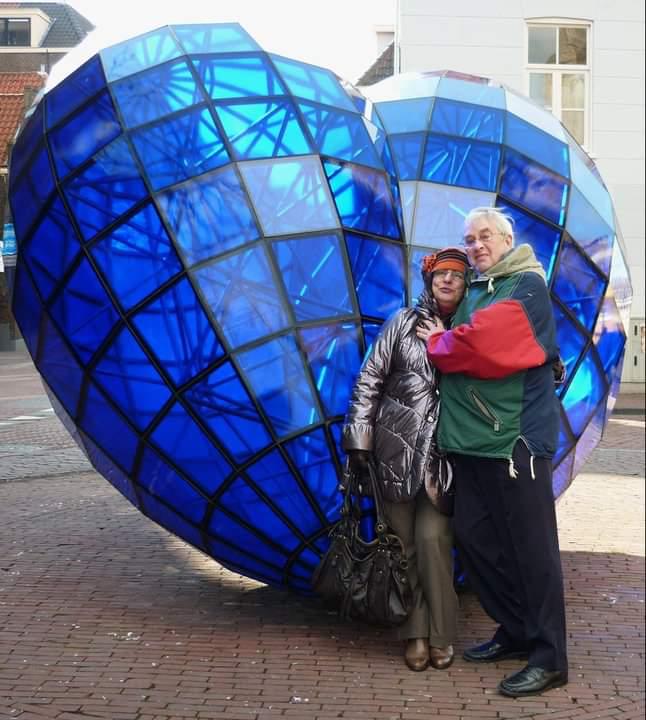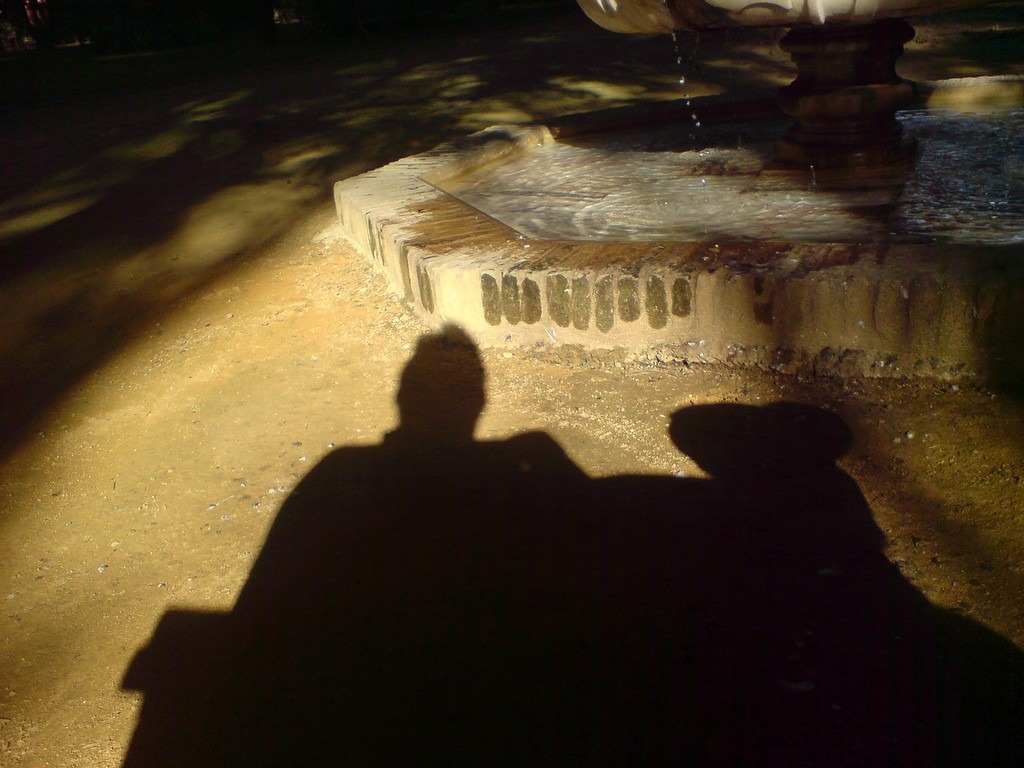
I don’t rave about non-fiction books as ‘absolutely riveting’ to my friends and family all that often, though I’ll admit it’s kind of more likely if it was written by David Graeber. I highlighted whole passages, enough to question the point of a highlight altogether, and added a bunch of other referenced books to my reading list. In fact, Goodreads tells me I highlighted 272 passages of a 534 page-long book, about one every other page. Clearly I loved it.
“Surely one has to pay one’s debts.”
David Graeber begins the book by with a conversation he had with someone, who apparently said those words in such a way that he started questioning them. This led him to taking a wide view: 5,000 years of history around the world, about debt as a moral and economic notion; the origins of markets and money (and that coins have little to do with barter, which is fascinating in and of itself).
The history is “a way to ask fundamental questions about what human beings and human society are or could be like—what we actually do owe each other, what it even means to ask that question.”
“the central question of this book [is]: What, precisely, does it mean to say that our sense of morality and justice is reduced to the language of a business deal? What does it mean when we reduce moral obligations to debts?”
Financial issues and debt were a thing in my family for a whole period of time growing up. I’m not going into much detail, but I experienced bailiffs and debt recovery agents knocking at the door, furniture being removed, and being evicted from home, among other things. It’s not fun. I used to just blame my parents, but going back 5,000 years and considering debt from different angles and cultures has been eye-opening, both soothing and shaking.
If you’ve experienced debt (I’m pretty sure we all have) and enjoy considering big questions, there’s a fair chance you’ll enjoy it. Plus it’s masterfully written: legible, blending engaging stories with a large amount of bibliographical references, and big questions, as already mentioned. I strongly recommend it. I’m looking forward to reading his posthumous ‘Dawn of Everything’ written with David Wengrow soon.



